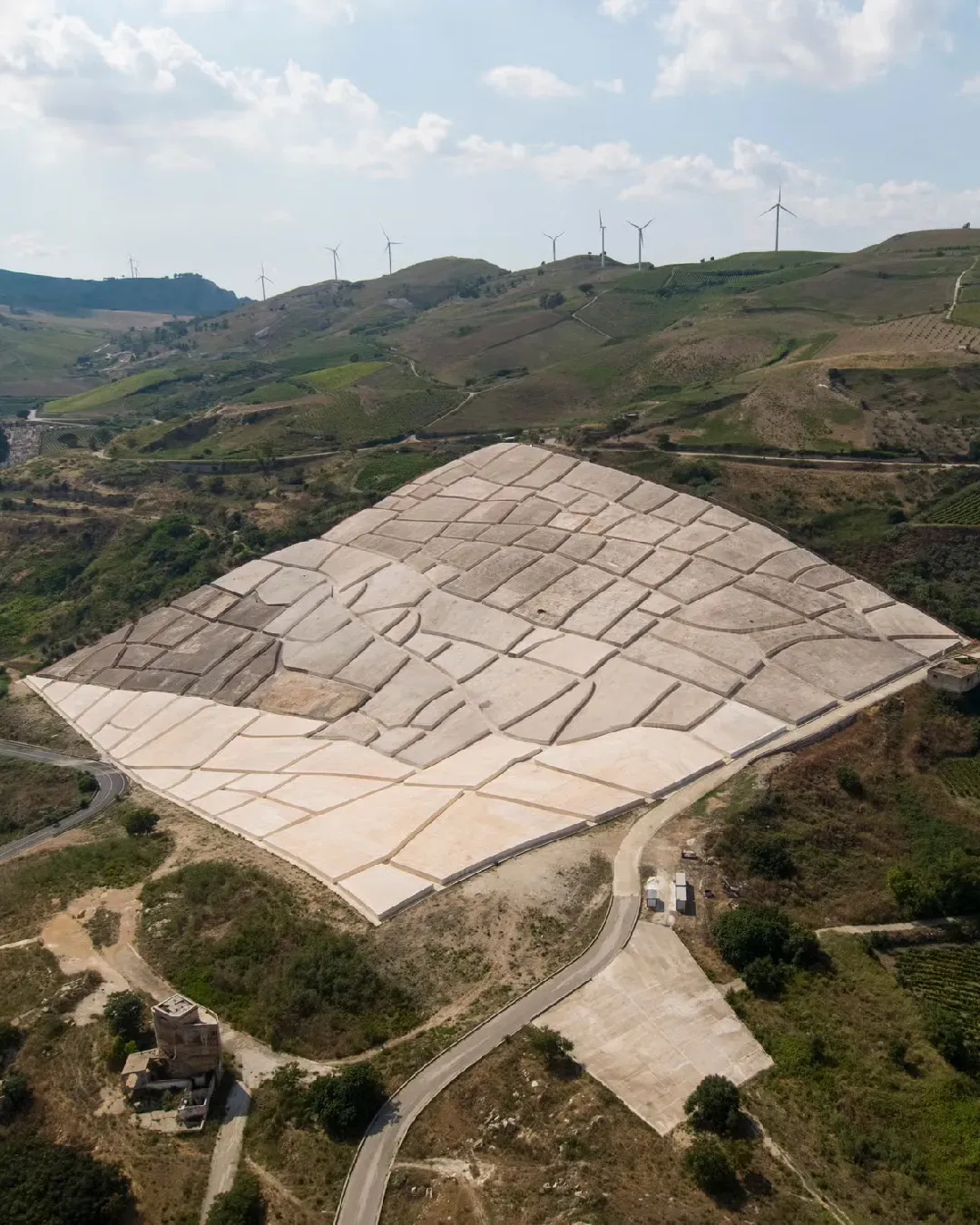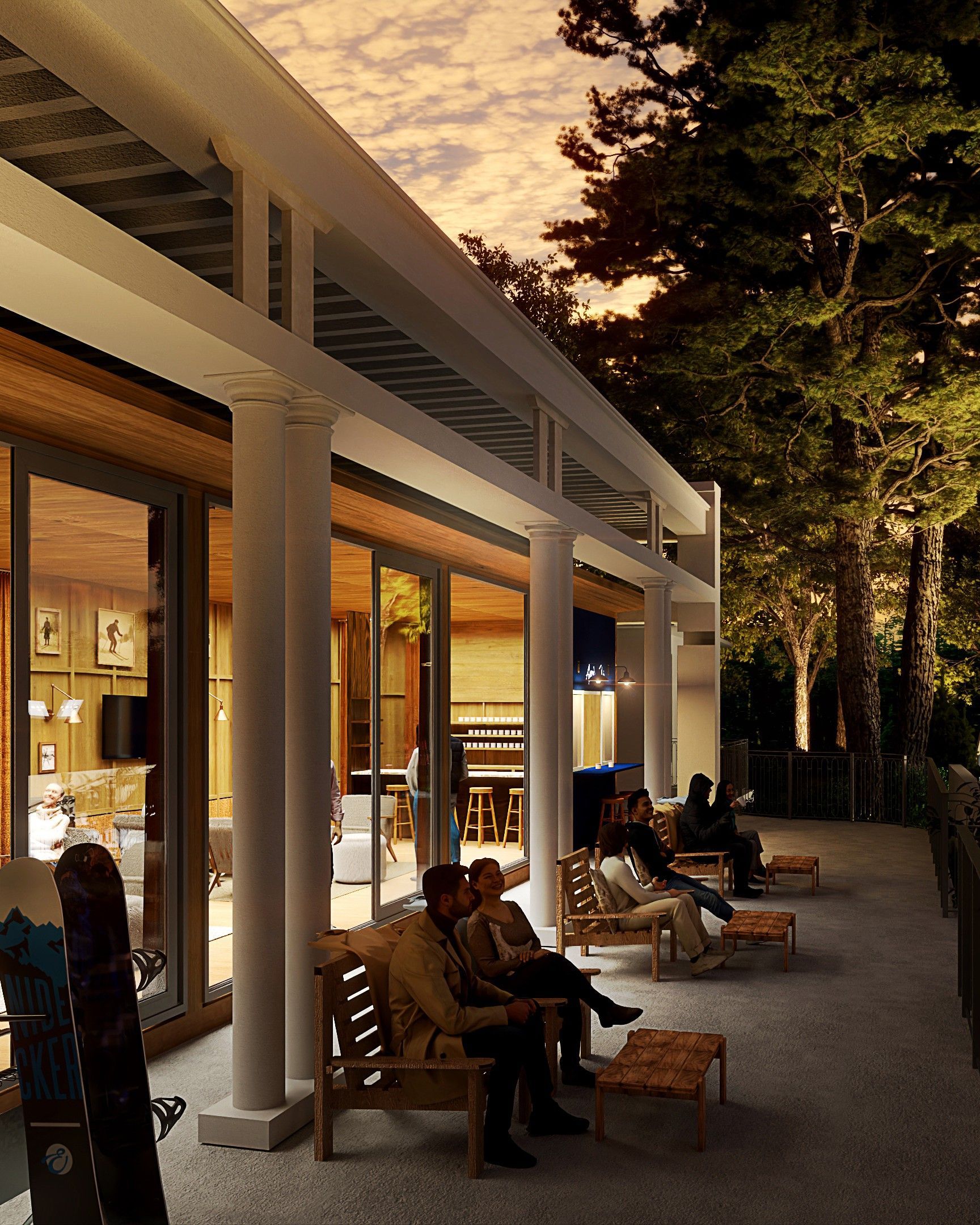
Rome breaks the record for illegal AirBnB listings A Campidoglio investigation uncovered over 12,000 unregulated short-term rentals
For Italy's best-loved tourist cities, it is now the time to take stock. In a survey set up by the municipality of Rome to monitor the number of beds offered in the city by hotels, holiday homes and short rentals, 12,000 illegal lodgings were discovered. The increase in hotel accommodations in the capital has been exponential in recent years, having risen from 17,940 to 22,828 in just four years. It is thought that this race to property monetisation began with the announcement of the Jubilee of 2025, a religious event that will begin at the end of 2024, and is expected to be attended by more than 30 million pilgrims.
@melissaamale i pick the best airbnbs tbh. #rome #airbnb #sunrise #fyp original sound - anna
Illegal businesses were intercepted by the Campidoglio's Department of Tourism after having compared the regular registrations of hotels with the ads posted online on portals such as AirBnB, thus finding thousands of Bed&Breakfasts that were not registered with the municipality for payment of the tourist tax. The president of the Association of Historical Centre Dwellers, Viviana Di Capua, raised another issue regarding this rising trend. In addition to representing a fiscal loss of more than €40 million to the state, as revealed by Rome's councillor for tourism Alessandro Onorato, Di Capua points out that «the buildings are being stormed and nothing is being done to preserve residency, unlike in other European capitals. Our daily life and our communities are being attacked.»
AirBnB first arrived in Italy in 2008, and has since sparked several controversies. One of the many examples of toxic tourism, a phenomenon increasingly felt in the country, the rise of short rentals in the historic centres of Italian cities has seriously contributed to overtourism, to the increase in renting prices - according to the latest data from Inside AirBnB, in Rome there are 25,256 accommodations at an average price of 231 euros per night - and to the consequent decrease in the number of residents in the city centre. As Di Capua reminds us, while in other European capitals the number of short rentals in the city centres is subject to strict limitations, in Italy there are no regulations. «It is absurd that the municipality cannot limit openings in a specific area of Rome,» Onorato explained. «Moreover, it is already penalised by this phenomenon. Only in Italy do administrations have their hands tied. France, Spain and other European countries give great regulatory powers to cities.»
@emileerose36 Complete with a bottle of wine and snacks waiting! This is so adorable! #rome #italy #traveltiktok #airbnbfinds Pretty Girl Era - LU KALA
Last June, the mayor of Florence Dario Nardella had declared the approval of a resolution to limit the number of short-term rentals in the UNESCO area of the Tuscan city. With the aim of preserving Florence's historic centre, lowering rent prices and motivating residents to return to live in the city's historical urban centre, the decree will zero the IMU tax on second homes for three years for anyone who removes their property from the AirBnB platform, offering it instead as a long-term rental. While the regulation outlined by Nardella could prove useful for Florence, the mayors of Italy's most populous capitals are still struggling to find a viable solution to the short-term rental problem. According to Onorato's suggestion, the first step is to fight illegal practices. «A three-line decree-law would be enough to prevent the more than 10,000 abusive extra-hotel structures from being able to use Airbnb, Booking and Expedia, but incredibly the minister Daniela Santanchè does nothing,» Onorato explained, mentioning the tourism minister involved in an investigation into the Open to Meraviglia campaign. «If it became compulsory to display the authorisation code that the municipality issues to be able to access the sales platforms, abusiveness would not exist.»














































